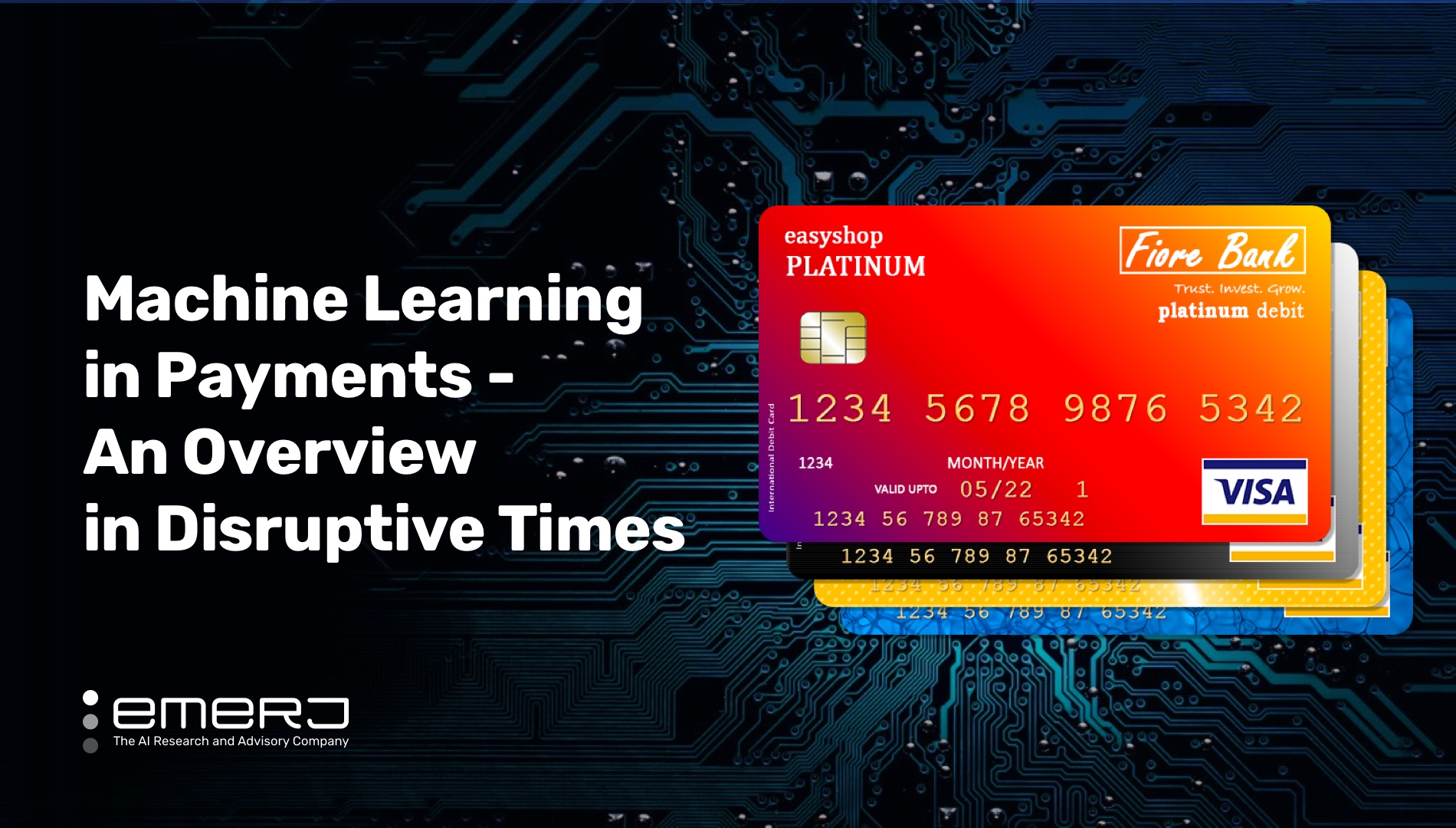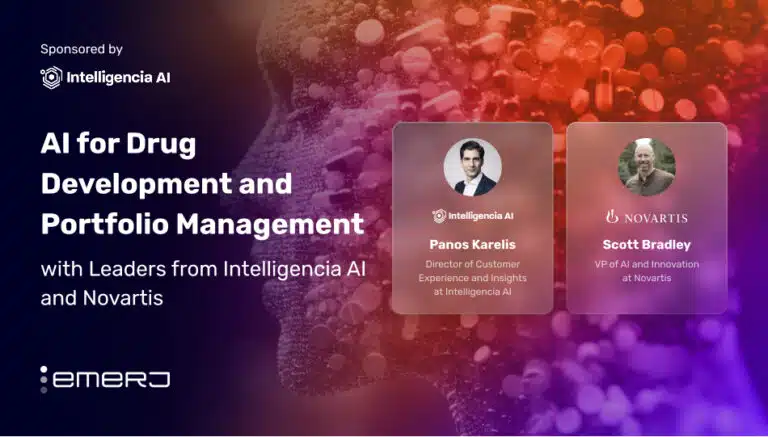The coronavirus pandemic has ushered in a new era of digital payments; those who once mailed checks and made purchases in person are now paying their bills electronically and shopping online. As the economy is rattled by the coronavirus, there are some AI startups in the payments space that will succeed and others that will fail. All are pivoting rapidly to eCommerce, if that wasn't already their focus to begin with.
Financial institutions will be looking for AI companies that can deliver faster, easier, more secure payments so that they can take on more business with less risk in this increa...
[mrj_paywall] unauthorized access




















